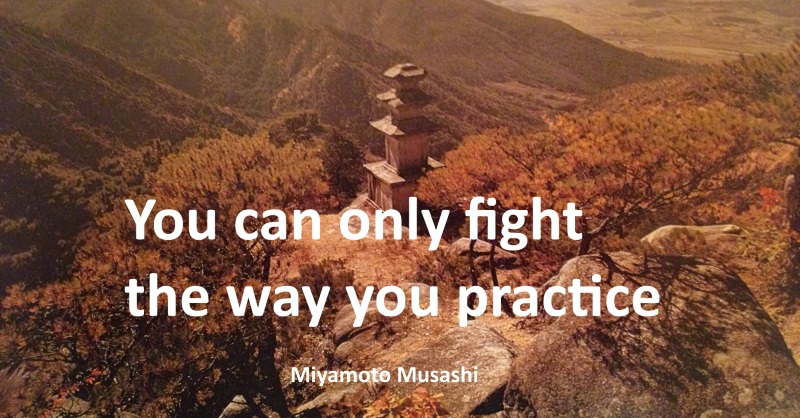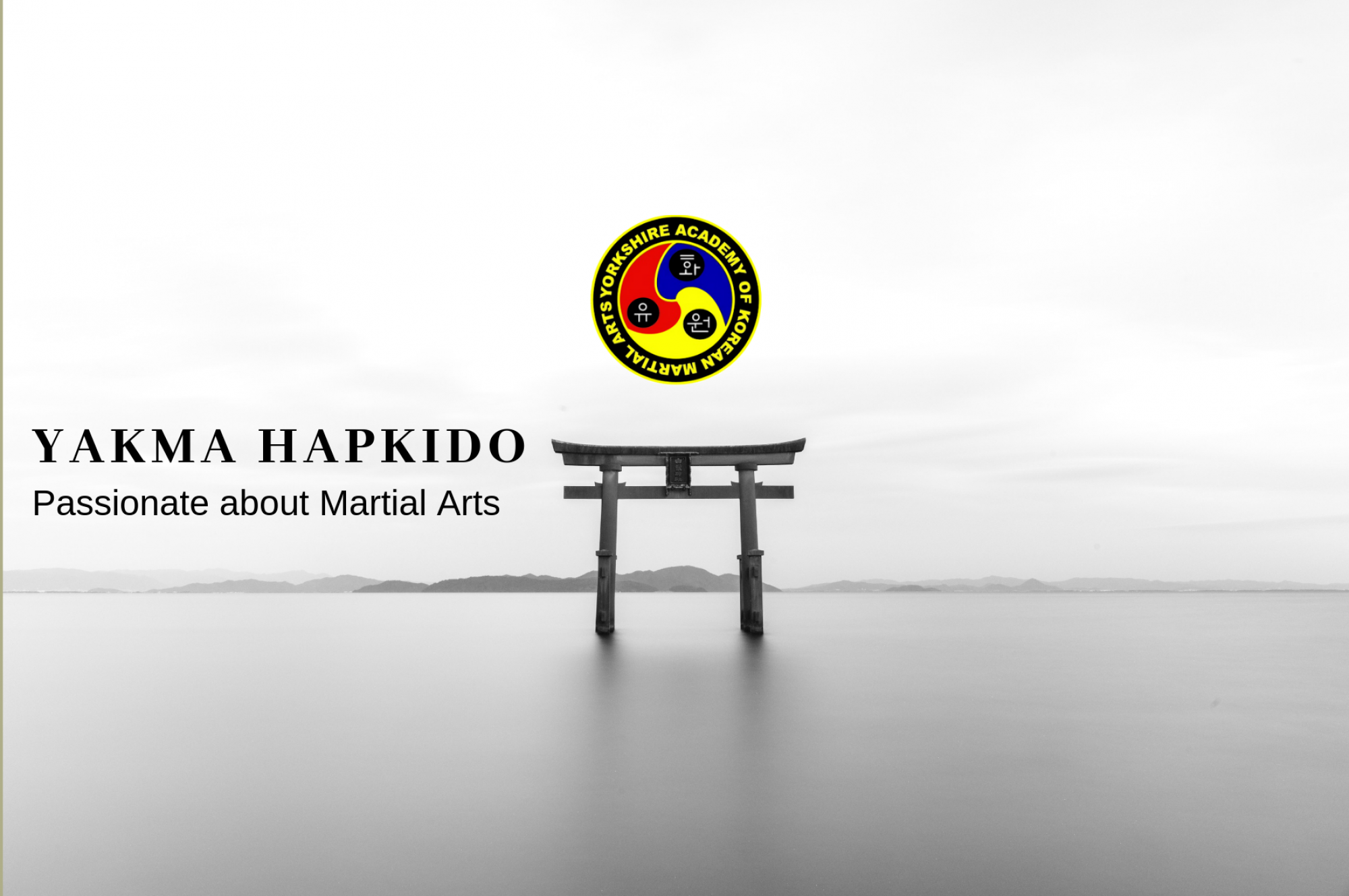
We do not rise to the level of our expectations. We fall to the level of our training.” (Archilochus, Greek Soldier, 650 BC)
Most people who’ve been involved in martial arts for any length of time appreciate the need for practice. When we practice a new technique links (neural pathways) are formed in our brains to enable us to perform the technique more automatically the next time. The more we practice the stronger the link becomes making the technique more automatic until eventually we perform it without any conscious thought.
This is how we learn any new process such as tying our shoe laces, or learning to drive. Once the new technique has been digested and practiced enough times it requires no conscious thought, leaving our minds free to analyse other factors. In fact after a while it is difficult to describe how we do it because it has been automatic for so long that we haven’t consciously thought of how we perform it. “Learn it and forget it” (sometimes attributed to Bruce Lee)
Often new students will be taught a new technique and after practicing it a few times feel they understand it and no longer need to practice it. In fairness they do understand the technique on a conceptual level but is it of any practical use to them? Obviously not, it has to be accurately drilled many times against different sizes of opponent (compliant and non-compliant) before it becomes a useful reflex reaction.
The purpose of drilling techniques is so that when we are under pressure they will require no conscious thought making them almost instantaneous. The other advantage is that it frees our conscious mind to analyse the situation and opponent.
If we are to practice something until it is automatic we should fully understand all the details. What a massive waste of time it is to spend hours practicing a technique until it is automatic only to find we’ve been doing it wrong? When practicing we should constantly remind ourselves of the details and if in doubt ask our instructors for advice.
Often when learning new parts of the syllabus I find students unintentionally revert to movements from previous grades. This is a good example of the power of repetition.
I remember being told to practice certain techniques in a fail safe manner (“for safety in class”). One example was when applying an arm bar over your shoulder to put the pressure on just above the elbow joint as opposed to directly on the joint so that no damage would be done if the force applied was misjudged or excessive. The logic is that we will learn the technique a certain way in class and when necessary adapt it. Unfortunately if a technique is totally automatic you don’t have the option to alter it, when the heat is on it will happen just as you trained it.
Remember: “We do not rise to the level of our expectations. We fall to the level of our training.”
As well as the physical side of martial arts we should consider the mental aspect as well. Very often in a tough warm up session I notice that some people who’ve worked hard will lie on their backs starfish style puffing and panting as if they’ve just performed some herculean task. Others will jump straight up ready and eager to continue. Between exercises or when listening to the instructor some will stand in the correct way for their school and others will slouch against walls.
If the class has been asked to line up for sparring or any other task some students will do so immediately and willingly others will finish their chat and then line up in a slow apathetic manner as if it’s all too much effort. Not only does this show a disrespect for everyone in the class who is waiting for them it also develops their indifferent attitude and at its worst can spread to other class members.
These may seem like small points that don’t really make any difference but the reality is that if from day one you refrain from sloppy behaviour and adopt a disciplined attitude it will soon become natural for you to jump straight up and not lie about feeling sorry for yourself when you are tired. You will learn to resist the urge to slow down or quit when things are tough. You will stand on your feet and not slouch against the wall. In short you will be reaping the mental benefits of martial arts. These benefits will cross over into all areas of your life.
I remember being at a seminar where people were being presented with certificates at the end. A lot of young adults were collecting their certificates, swaggering to the front with their best “Joe Cool” attitude. An older man’s name was called, he jumped up jogged round to the front, collected his certificate and having said “Thank you Sir” he jogged back to his place and sat down. That summed it up perfectly for me, no big ego, no keeping people waiting just a humble and considerate “I’m here to train let’s get on with it attitude”.
I’m sure we would all like to develop positive, optimistic and disciplined minds. While we are trying to achieve them there will be times when we slip back into our old habits and have to correct ourselves just the same as we do with the physical side of training. But all these things are achievable and will become automatic with continued practice. It may take a long time and a lot of hard work. Will it be easy? Probably not. Will it be worth it? Definitely!!
Don’t practice until you get it right. Practice until you can’t get it wrong.
(George W. Loomis)
